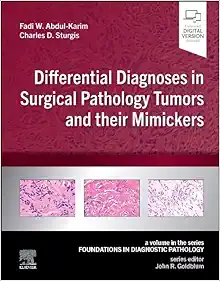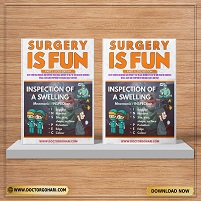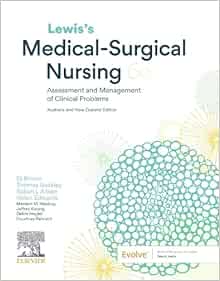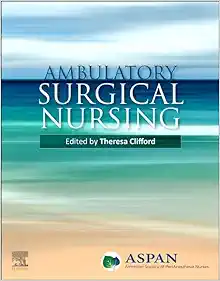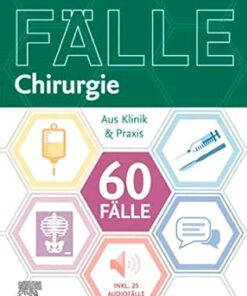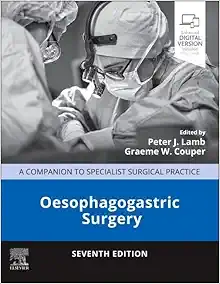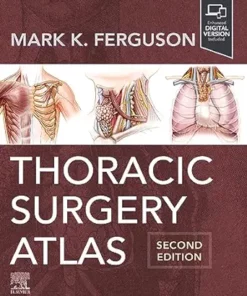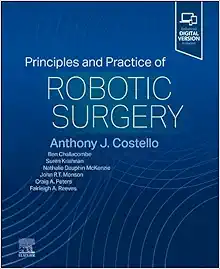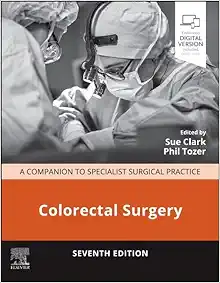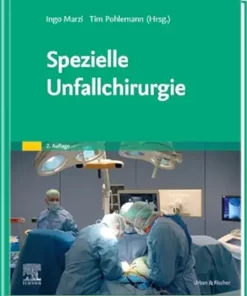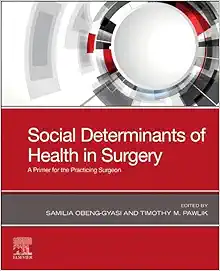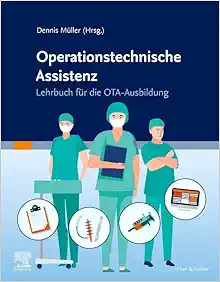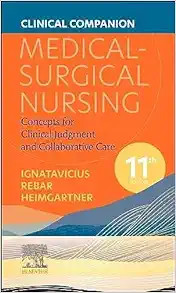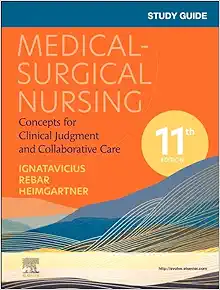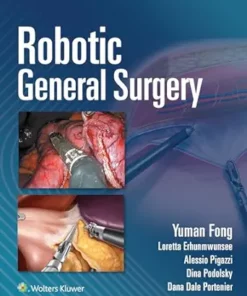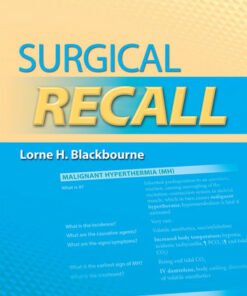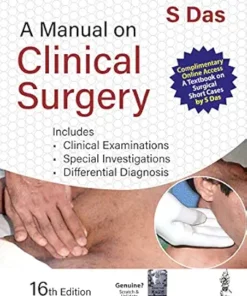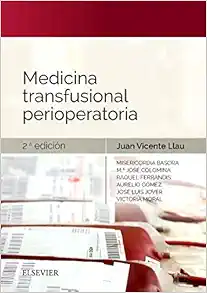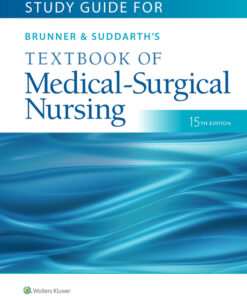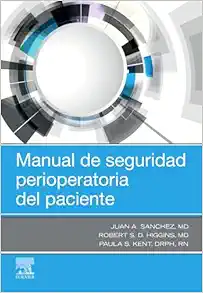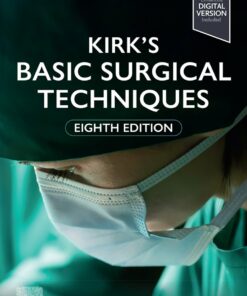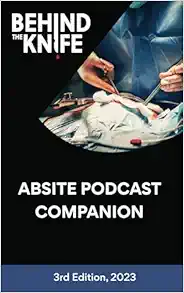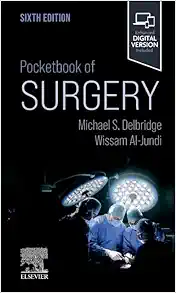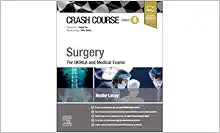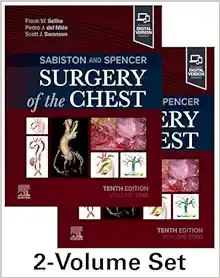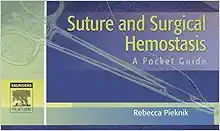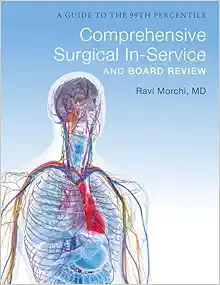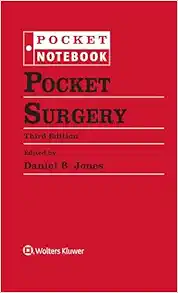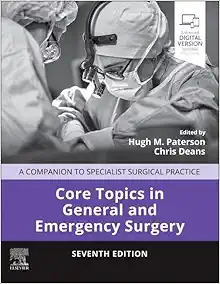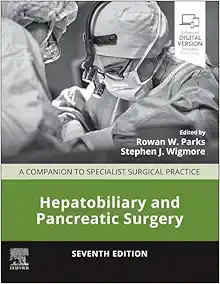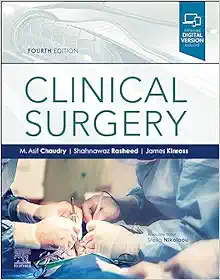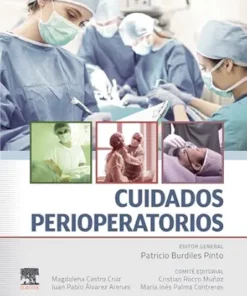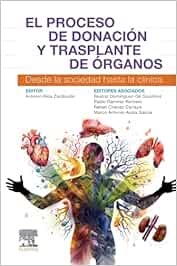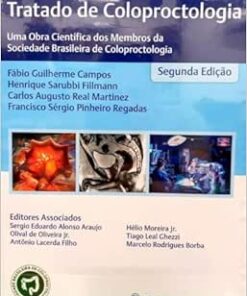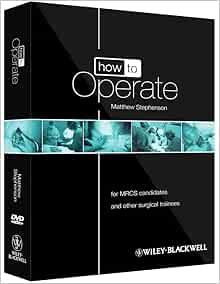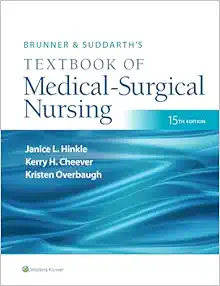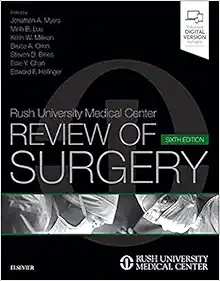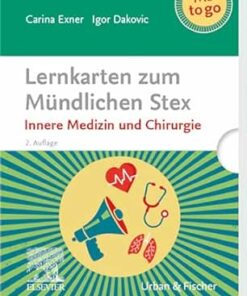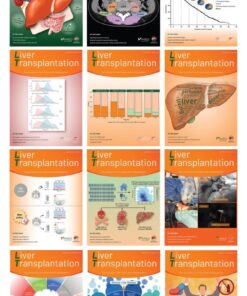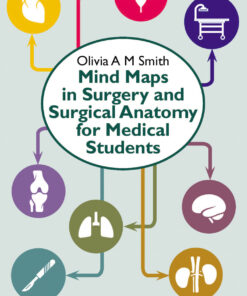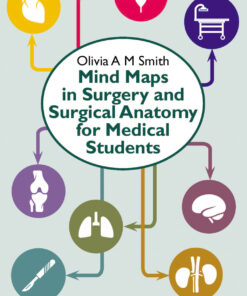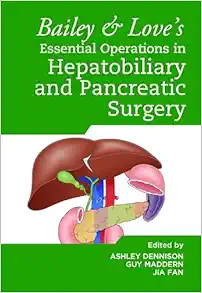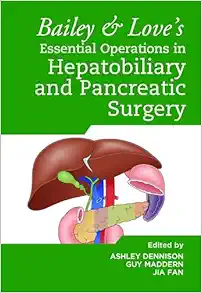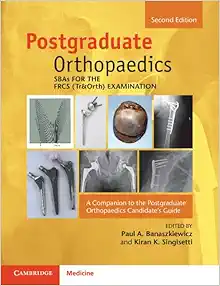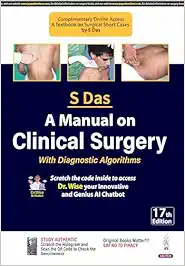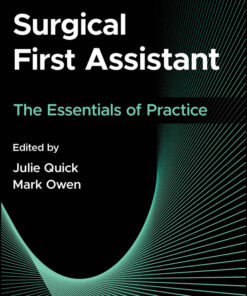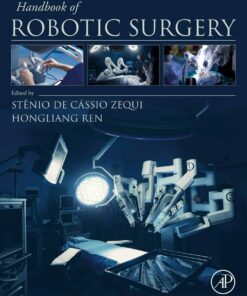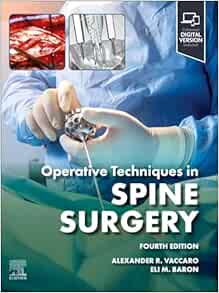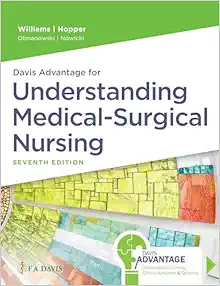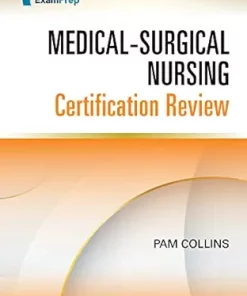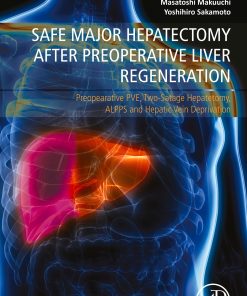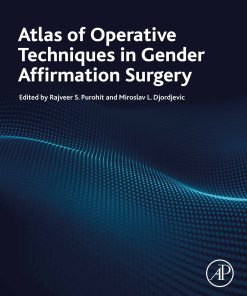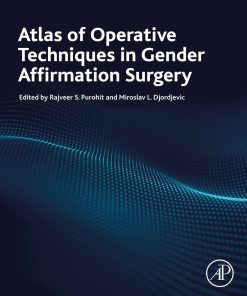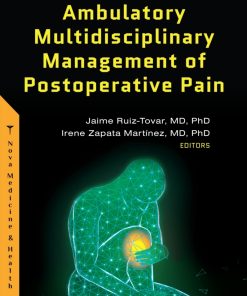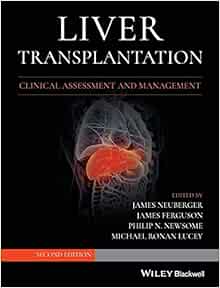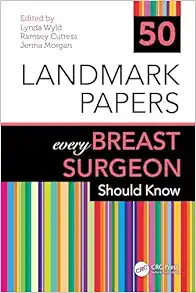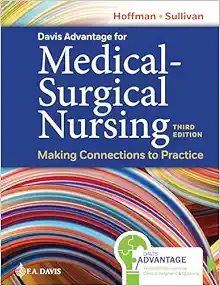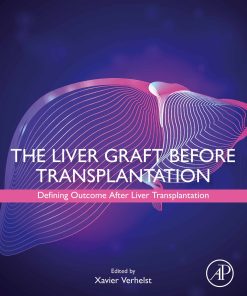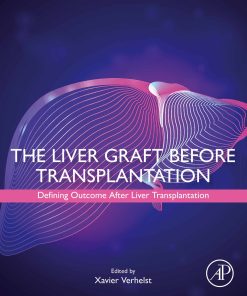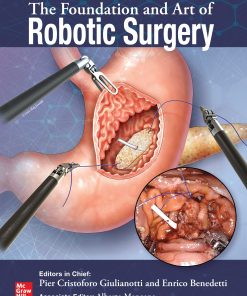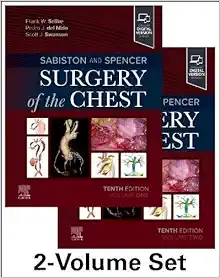Incentives and Disincentives in Organ Donation: A Multicultural Study among Beijing, Chicago, Tehran and Hong Kong (Philosophy and Medicine, 133)
$6
Format : EPUB
File Size : 6.5 MB
Incentives and Disincentives in Organ Donation: A Multicultural Study among Beijing, Chicago, Tehran and Hong Kong (Philosophy and Medicine, 133)
When it comes to the topic of organ donation, there’s no doubt that it’s a sensitive issue that requires careful consideration from all angles. Incentivizing organ donation is a topic that has been hotly debated in recent years, with different countries adopting various policies to boost donation rates. In his latest book, Ruiping Fan provides a comprehensive look at three types of incentives for organ donation, drawing on research conducted in Hong Kong, mainland China, Iran, and the United States. This review takes a closer look at the book, exploring its main themes, insights, and relevance in the current health care landscape.
The book provides a much-needed perspective on organ donation in different cultural contexts, examining the role that incentives can play in boosting donation rates. One of the key strengths of the book lies in its scope, which covers three types of incentives: honorary, compensationalist, and familist. While these incentives may be present to varying degrees in different countries, the book argues that adopting a multi-pronged approach that combines different types of incentives could be the key to increasing organ donation rates in today’s society.
Drawing on extensive research, the book makes a compelling argument for the need to redefine the concept of altruism in the context of organ donation. For instance, it highlights how offering honorary incentives, such as a thank-you card or a memorial park for donors, can be effective in boosting donations motivated by pure altruism in Western countries. At the same time, it brings to bear the case of Iran, where monetary compensation to unrelated living donors has been shown to be an effective incentivizing tool. By offering compensation, the medical community can show that they value and appreciate the altruistic contribution of donors, ultimately boosting donation rates.
Another interesting insight from the book is the concept of families as donors. The book highlights how both Israel and mainland China have implemented familist incentives to prioritize organ transplantation to donors and/or their family members. Given the close-knit nature of many families, incentivizing organ donation through this approach could be an effective means of boosting donation rates.
What’s particularly impressive about the book is how it goes beyond simply highlighting the different types of incentives. It offers a detailed analysis of the practicality, political legitimacy, and ethical implications of each type of incentive, outlining the challenges and opportunities that arise. This level of detail makes it an invaluable resource for scholars and practitioners in the field of organ transplantation.
Overall, the book comes across as a well-researched, thought-provoking, and comprehensive analysis of incentives for organ donation. It offers valuable insights into different cultural contexts and provides a blueprint for a new model of incentives that could be effective in boosting organ donation rates. Whether you’re a healthcare professional, bioethicist, policymaker, or simply interested in the topic of organ donation, this book is an essential read.
If you’re someone looking to dive deep into the world of organ donation and understand how incentives could help increase donation rates, this book is a must-read. By providing insights into the practicality, political legitimacy, and ethical implications of different types of incentives, it offers a comprehensive understanding of the topic. Whether you’re looking to integrate policy changes or simply understand the implications of incentivizing organ donation, this book is a valuable resource. With its in-depth analysis and detailed research, it’s no wonder that this book has garnered considerable attention in the academic community. Whether you choose to order the book online or read a digital copy, it’s an investment that’s well worth the money.
Product Details
- Publisher : Springer; 1st ed. 2023 edition (May 3, 2023)
- Language : English
- Hardcover : 305 pages
- ISBN-10 : 3031292383
- ISBN-13 : 978-3031292385
Related Products
GENERAL SURGERY
GENERAL SURGERY
GENERAL SURGERY
Thoracic Surgery Atlas, 2nd Edition (True PDF from Publisher)
GENERAL SURGERY
GENERAL SURGERY
GENERAL SURGERY
GENERAL SURGERY
Behind the Knife – ABSITE Podcast Companion, 3rd edition (EPUB)
GENERAL SURGERY
GENERAL SURGERY
GENERAL SURGERY
GENERAL SURGERY
GENERAL SURGERY
GENERAL SURGERY
GENERAL SURGERY
GENERAL SURGERY
GENERAL SURGERY
GENERAL SURGERY
The General Surgeon’s Guide To Passing The Oral Boards (EPUB)
GENERAL SURGERY
GENERAL SURGERY
EMQs in Surgery (Medical Finals Revision Series), 2nd Edition
GENERAL SURGERY
Allgemein- und viszeralchirurgische Eingriffe im 3. und 4. Jahr
GENERAL SURGERY
GENERAL SURGERY




